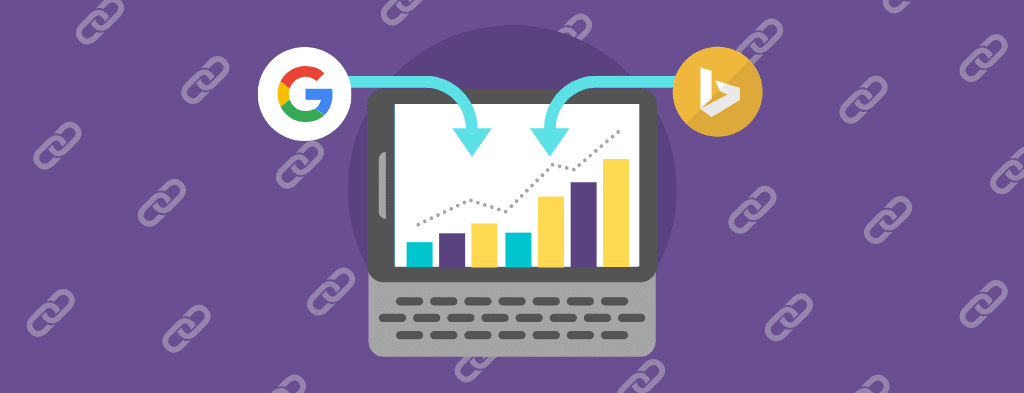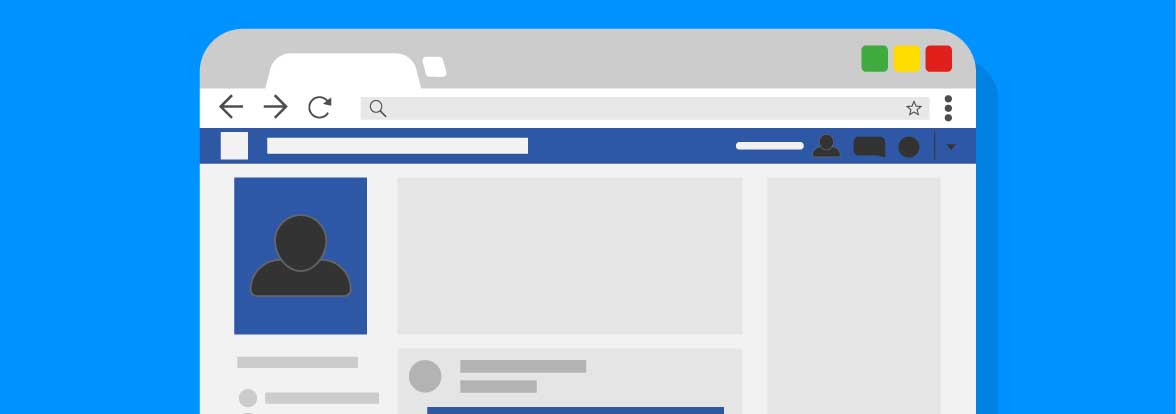As a marketer, you understand the importance of delivering personalized, relevant experiences to your customers. However, achieving this level of customer engagement can be challenging without a clear understanding of your customers’ behaviors and preferences. That’s where a Customer Data Platform or CDP can help.
A CDP is a software system that aggregates, stores, and manages customer data from various sources, such as websites, mobile apps, email marketing, and other customer touchpoints. The platform creates a unified customer profile that provides a 360-degree view of each customer’s interactions with your brand.
One of the key benefits of a CDP is its ability to help marketers deliver personalized experiences across channels. By integrating customer data from various sources, the CDP provides a holistic view of customer behavior, which can help inform targeted campaigns and messaging.
Moreover, with new privacy laws such as the EU’s General Data Protection Regulation (GDPR) and the California Consumer Privacy Act (CCPA), businesses must adhere to stricter data protection and privacy regulations. The CDP can help with compliance by providing a central repository for customer data that is secure and accessible only to authorized users.
Here are some key benefits of implementing a CDP for a business:
- Better Customer Insights: A CDP helps businesses gain deeper insights into customer behavior, preferences, and interests by aggregating data from various sources. This can help inform more effective targeting and segmentation strategies.
- Personalized Customer Experiences: By using customer data to create a unified customer profile, businesses can deliver personalized experiences across channels. This can improve customer satisfaction and increase brand loyalty.
- Improved Data Governance: With a CDP, businesses can manage customer data more efficiently and securely. This can help ensure compliance with privacy regulations and reduce the risk of data breaches.
- Higher ROI on Marketing Efforts: With more targeted and personalized marketing campaigns, businesses can see higher returns on their marketing investments.
- Better Collaboration: A CDP can help teams across an organization, including marketing, sales, and customer service, work together more effectively by providing a centralized source of customer data.
In conclusion, a CDP is a powerful tool that can help marketers gain a deeper understanding of their customers and deliver more personalized experiences across channels. With new privacy laws in place, it’s more important than ever for businesses to have a central repository for customer data that is secure and compliant. By implementing a CDP, businesses can improve data governance, drive better collaboration across teams, and see higher returns on their marketing efforts.
Back to the Marketing Glossary





Responses